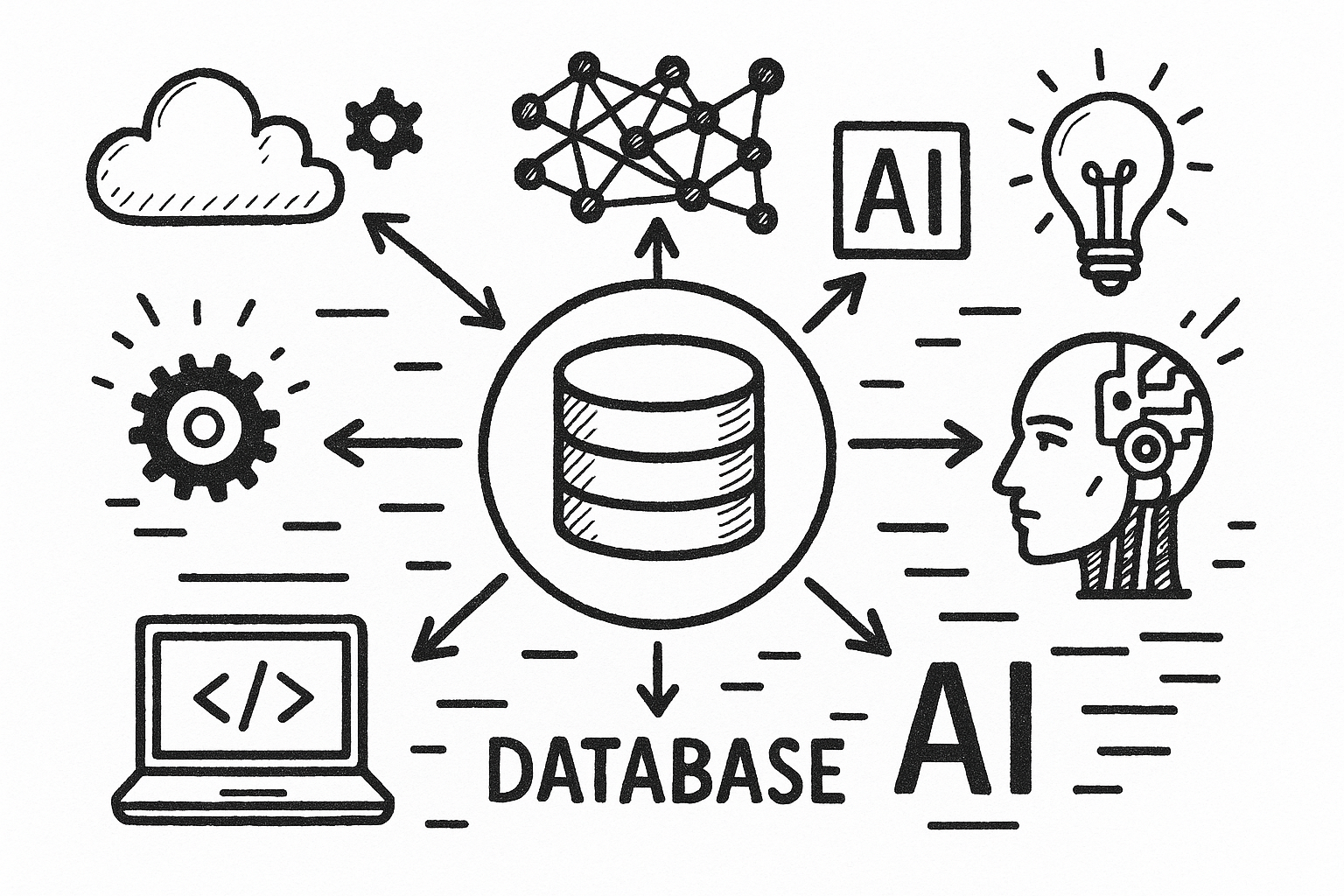In the fast-paced world of Amazon selling, agencies play a crucial role in helping sellers manage their online stores effectively. From optimizing product listings to handling pricing, promotions, inventory management, and advertising, agencies take on the heavy lifting. However, with this responsibility comes the challenge of keeping sellers well-informed about their store’s performance while proactively addressing issues and opportunities.
Sellers, naturally, have many questions—often simple but essential—such as what they sold the day before, how their advertising campaigns are performing, and whether their inventory levels are sufficient. To provide exceptional service, agencies must ensure seamless communication, real-time monitoring, and well-organized data that they and the sellers can use to make informed decisions. This article explores strategies to enhance agency-seller collaboration, improve internal agency workflows, and efficiently leverage technology.
1. Keeping Sellers Informed with Current Data
One of the most effective ways agencies can support sellers is by providing them access to crucial store data. Sellers don’t want to chase their agency for updates—they expect information to be readily available. Here’s how agencies can achieve that:
a) Develop a Custom Mobile App
A mobile app can serve as a one-stop shop for sellers, offering real-time insights into their Amazon store. The app could include:
- Daily sales reports
- Inventory status and stock alerts
- Advertising performance summaries
- Promotional campaign results
- Refund and return metrics
- Profitability estimates
By providing an easy-to-use mobile interface, agencies can reduce the routine inquiries they receive while giving sellers on-demand access to their store’s performance.
Additionally, relying on Amazon’s built-in tools, like Amazon Seller Central and the Amazon Seller App, is not ideal. These platforms require each user to be authorized individually, making it challenging to share critical information seamlessly. The data is displayed by default without customization options, and agencies cannot add their comments or suggestions for the next steps within these tools. By developing their tools, agencies can create a much more tailored and valuable experience for sellers, allowing for better collaboration, more precise insights, and actionable recommendations.
b) Create Automated Slide Decks for Store Summaries
Monthly and quarterly performance reviews are essential for sellers. Agencies can automate the creation of PowerPoint or Google Slides presentations that summarize:
- Sales trends and seasonality insights
- Ad spend vs. revenue data
- Inventory performance and restocking recommendations
- Opportunities for optimization
- Customer feedback and reviews
By presenting data in an easy-to-digest format, agencies empower sellers to make strategic decisions.
2. Proactively Managing Store Performance
While keeping sellers informed is crucial, an agency’s success depends on its proactive store performance management. Agencies must constantly monitor store health and take action before problems escalate.
a) Implement a Real-Time Alert System
An automated alert system integrated with messaging platforms like WhatsApp, Slack, or Microsoft Teams can help agencies stay ahead of critical issues. These alerts can notify the team when:
- Sales drop unexpectedly
- An ASIN gets suspended
- An ad campaign overspends or underperforms
- Inventory falls below a certain threshold
- A product starts receiving negative reviews
By responding to these alerts in real time, agencies can minimize disruptions and maintain store health.
b) Automatically Create Tasks in a Project Management Tool
Integrating alerts with a task management system like Asana, Trello, or Monday.com ensures that important issues are addressed promptly. For example:
- A low inventory alert can trigger a task for the inventory management team to reorder stock.
- A negative review alert can create a task for customer service to respond to or investigate issues.
- An ad performance issue can notify the PPC team to adjust bids or optimize campaigns.
By automating these workflows, agencies can operate more efficiently and provide better service.
3. Organizing and Standardizing Seller Data for Better Decision-Making
A well-structured data management system is the backbone of an efficient agency. Without a standardized approach to data consolidation, agencies risk spending excessive time on manual data gathering, analysis, and reporting.
a) Build a Centralized Database for All Clients
Agencies should consolidate data from all their sellers into a single, standardized database. This allows for:
- Easy access to historical trends
- Automated reporting across multiple accounts
- Quick identification of opportunities and risks
- Efficient financial reporting for accountants
A well-organized database enables agencies to generate insights quickly and eliminates the inefficiencies of managing multiple disconnected reports.
b) Provide Ready-to-Use Financial Data for Sellers’ Accountants
Sellers often require clean financial data for tax filings, profitability analysis, and investor reports. Agencies can offer structured profit-and-loss statements, tax-ready sales data, and cash flow reports, ensuring sellers’ accountants can quickly process the information without extra effort.
4. Leveraging Defog to Power Data Management and Automation
Creating a robust, automated, proactive data management system requires the right tools. Defog specializes in helping Amazon agencies build and operate these systems efficiently. With Defog, agencies can:
- Centralize data from multiple sellers in a structured, scalable database
- Automate report generation and data visualization
- Create real-time alerts and integrate them with messaging platforms
- Develop custom dashboards and mobile apps for sellers
- Seamlessly integrate with accounting software for financial reporting
Moreover, Defog’s professional services team is available to assist agencies in setting up and optimizing their data infrastructure, ensuring seamless operations and enhanced client satisfaction.
Conclusion
Amazon agencies can differentiate themselves by providing real-time insights, proactive store management, and well-organized data solutions. By leveraging technology—such as custom apps, automated alerts, and centralized databases—agencies can offer exceptional service while reducing manual workload.
To advance these strategies further, agencies can partner with Defog, which provides the tools and expertise needed to build scalable, automated data solutions. With the right systems, agencies can empower sellers to grow their businesses confidently while optimizing their internal operations.
Want to revolutionize how your agency manages seller data? Use Defog today, and let’s build a brighter future for your agency and clients.






